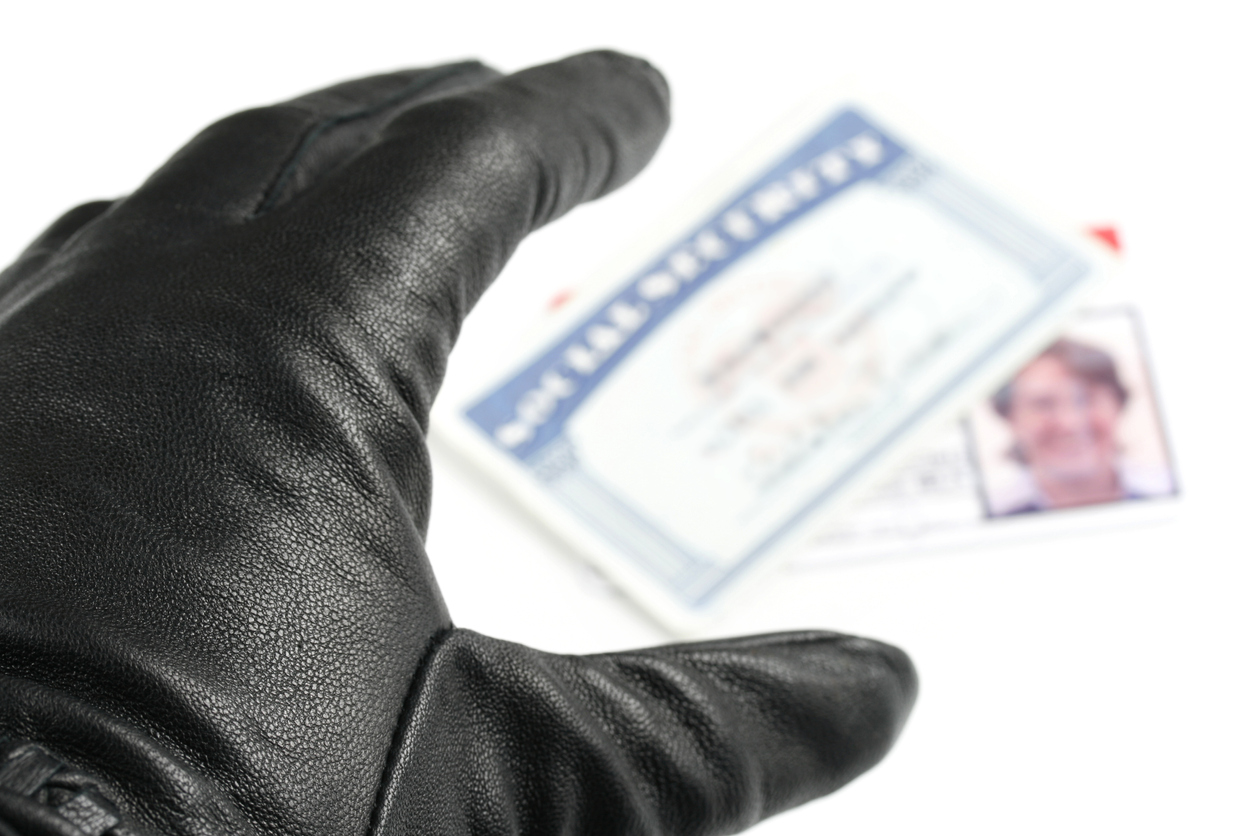The Internal Revenue Service launched an online resource called Identity Theft Central to help taxpayers report identity theft and teach them how to protect themselves against it.
 This new resource provides information to alert taxpayers to the signs of identity theft, actions to take if they become a victim and advice on how to protect personal identity and data.
This new resource provides information to alert taxpayers to the signs of identity theft, actions to take if they become a victim and advice on how to protect personal identity and data.
Located within the IRS website, Identity Theft Central offers specific information for taxpayers, tax professionals and businesses.
Know the Signs of Identity Theft
Unfortunately, many taxpayers will not know they are the victims of identity theft until it has already occurred and they are notified by the IRS of a possible issue with their return.
Identity Theft Central says taxpayers should be alert to possible tax-related identity theft if:
- You get a letter from the IRS inquiring about a suspicious tax return that you did not file.
- You cannot e-file your tax return because of a tax return with a duplicate Social Security number having already been filed.
- You get a tax transcript in the mail you did not request.
- You get an IRS notice about an online account created in your name.
- You get an IRS notice regarding your existing online account, which has been accessed or disabled when you took no action.
- You get an IRS notice you owe additional tax or refund offset, or that you have had collection actions taken against you for a year you did not file a tax return.
- IRS records indicate you received wages or other income from an employer for whom you did not work.
Take Action if You Are a Victim
Once a taxpayer realizes they have been victimized, there are steps they can take if their Social Security number or other personal information has been compromised.
The exact steps a taxpayer is recommended to take are different, based on the specific type of identity theft which occurred.
Among the types of identity theft that the IRS resource deals with are tax-related identity theft, data breach and employment-related identity theft.
Protect Your Data and Identity
For most taxpayers, important personal data and identity information is stored on personal computers, laptops, tablets and smartphones.
The resource provides tips to keep data and identity private.
It also warns taxpayers about the dangers of phishing emails and scams, while providing guidelines for passwords and information regarding IRS Identity Protection PINS.
Also, always remember, the IRS does not initiate initial contact with taxpayers by telephone, email, text messages or social media channels to request personal or financial information.
Click here to download Zinner & Co.’s free Identity Theft e-book, which provides additional steps to take if you believe you are the victim of identity theft.





